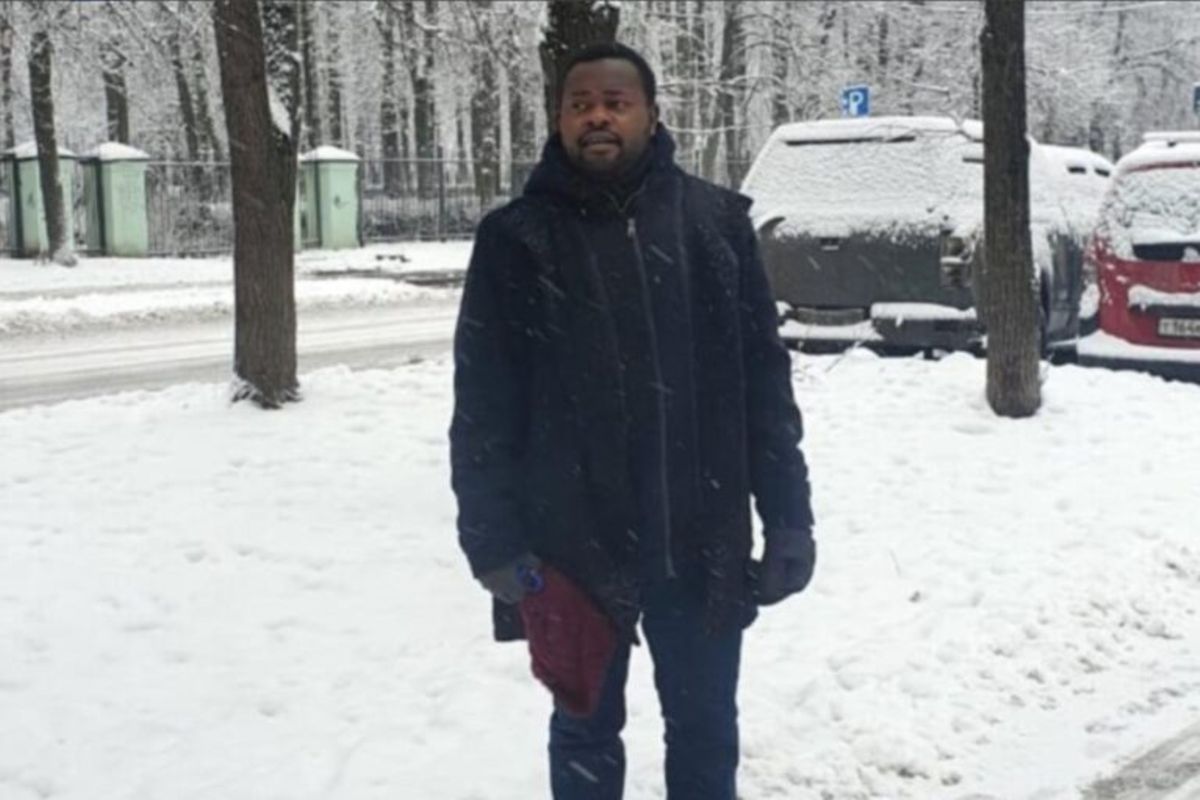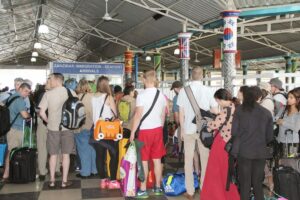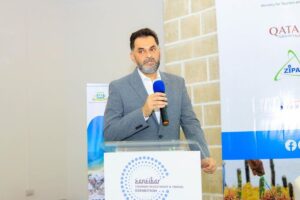
By Richard Lamu
As the world marks the third anniversary of Russia’s full-scale invasion of Ukraine, a devastating conflict that has claimed thousands of lives and displaced millions, the story of Nemes Tarimo serves as a poignant reminder of the war’s far-reaching consequences. Tarimo, a 37-year-old Tanzanian student, was recruited by the Wagner Group, a Russian state-backed private military company, while imprisoned in Russia on drug charges. He was promised freedom in exchange for fighting in Ukraine, a decision that would ultimately cost him his life.
Tarimo’s story is not an isolated incident. Russia’s Wagner Group has been linked to the recruitment of African mercenaries, often through coercive means, to fight in Ukraine. This tactic is part of a broader pattern of Russian recruitment of vulnerable individuals for its war effort. Young African women have been deceitfully recruited to manufacture drones, while Nepali men have been forced to pay thousands of dollars to travel to Ukraine, only to be sent into battle with little chance of survival.
Shangwe Ayo, the Deputy Secretary for Publicity, Communication and Public Relations for the opposition ACT-Wazalendo party, says from a Tanzanian perspective, the tragic story of Nemes Tarimo underscores the exploitation of vulnerable individuals, particularly through the Wagner Group’s coercive recruitment tactics targeting imprisoned or impoverished populations.
“These practices not only violate human rights but also destabilise African communities, undermining trust and fuelling insecurity. Furthermore, they create anxiety around pursuing opportunities abroad, which hinders soft diplomatic relations between African nations and the rest of the world,” she says in an interview.
Russia’s invasion of Ukraine has not only had a profound impact on the country but also on global stability. Despite calls from international bodies, including the African Union, Russia has shown little interest in ceasefires or dialogue. Its demands for peace amount to calls for Ukraine’s capitulation, with Russia consistently pushing for territorial concessions, Ukrainian neutrality, and demilitarisation.
The war has heightened global insecurity, challenging a post-World War II order based on international laws and norms. The invasion violates the UN Charter, which prohibits the use of force against sovereign states. Countries around the world are reassessing their foreign policy in response, with African countries, traditionally non-aligned, facing increased pressure to take sides.
“Geopolitically, Russia’s actions have intensified global tensions, pressuring African nations to take sides in a conflict many prefer to remain neutral on. Historically non-aligned, African nations now face scrutiny over their stance on global issues, necessitating a unified, peace-driven approach. However, some nations may choose divergent paths, complicating the continent’s collective neutrality,” Ayo adds.
“Africa must also contend with the destabilising role of groups like Wagner, which have entrenched themselves in countries such as Mali, Libya, and the Central African Republic under the pretext of fighting insurgencies and terrorism. These activities bolster Russia’s influence in international affairs while leaving African nations politically insecure and dependent on external actors for security. This dependency undermines the capacity of African nations to independently manage their security and political stability.”
The negative impact of Russian aggression on Africa
The war in Ukraine has had far-reaching consequences for Africa, from food shortages to economic instability. Russia’s policy in Africa is one of expansionism, propping up unpopular and violent autocratic regimes in exchange for exploitation of their mineral wealth.
The Wagner Group’s activities in Africa have been linked to human rights abuses and destabilisation, including in Libya, Mali, and Sudan.
“Economically, the conflict’s disruption of global grain and energy supplies has exacerbated food insecurity and inflation across Africa. For African nations already grappling with development challenges, these ripple effects further weaken economic growth and stability,” Ayo noted.
The human cost of war: Nemes Tarimo’s story
Nemes Tarimo’s story serves as a powerful reminder of the devastating consequences of war. His recruitment by the Wagner Group, while imprisoned in Russia, highlights the coercive tactics used by Russia to recruit vulnerable individuals for its war effort.
As Tanzania mourns the loss of Tarimo, the international community must come together to condemn Russia’s actions and demand accountability for the exploitation and deaths of African citizens. The world must also work towards promoting peace, stability, and respect for territorial integrity, ensuring that no other family has to suffer the loss of a loved one due to senseless conflict.
“In light of these challenges, African nations, including Tanzania, should advocate an end to exploitation and war while strengthening policies to protect vulnerable citizens from coercion abroad. Nemes Tarimo’s story should serve as a solemn reminder of the importance of peace, justice, and respect for sovereignty to prevent future tragedies. Tanzania, in particular, should work to restore its historical role as a leader in promoting African liberty through seasoned diplomacy, mediation, and arbitration,” said Ayo.
Richard Lamu is a seasoned political analyst/journalist with interest in investigative and feature reporting. He is based in Gaborone, Botswana














